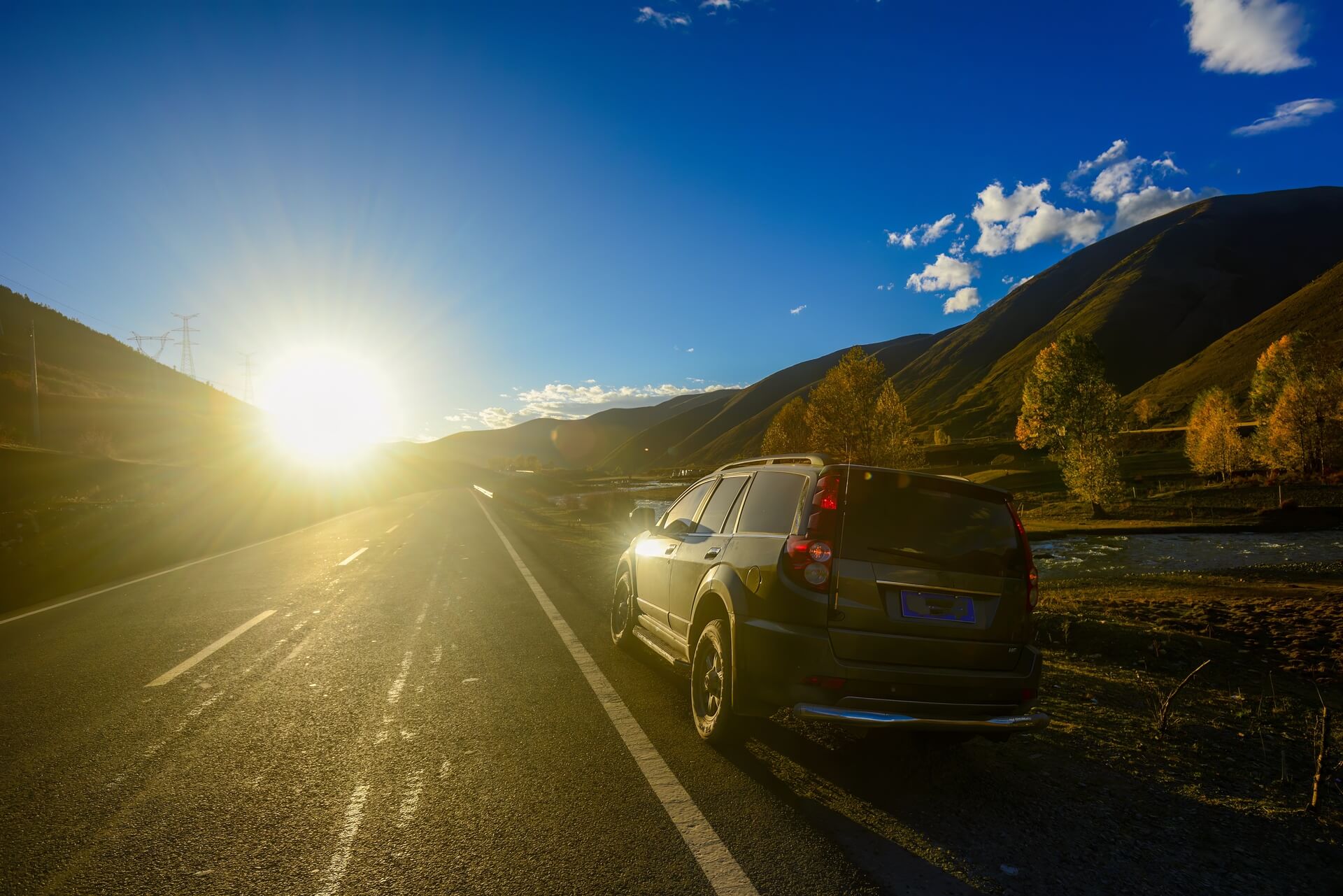
Car Insurance for Digital Nomads: What to Do If You’re Always Moving

by Erin Anderson
If you live life on the road — splitting time between states, cities, or even countries — you've probably figured out that being a digital nomad brings its fair share of freedom and headaches. One of the biggest? Car insurance.
When your "home base" is always changing, figuring out how to stay properly insured can be tricky. Coverage rules, state requirements, and even premiums can vary depending on where you're registered and how long you stay there.
If you're a traveler with four wheels and a Wi-Fi hotspot, here's what to know (and do) to keep your car covered, no matter where your next stop takes you.
Understand Where You're "Based" — Even If You're Not
Insurance companies typically require a "garaging address" — that's where your car is primarily parked or stored. But if you're constantly on the move, that gets complicated.
If you spend most of your time in one state — even if you don't technically live there — you'll likely need to register and insure your car there. For example, if you winter in Arizona and summer in Oregon, and your car spends six months or more in Arizona, that's probably where your insurance should be based.
Pro tip: Keep a record of where you spend most of your time (like campground receipts, Airbnb stays, or GPS logs). It can help clarify your "primary location" if your insurer ever asks.
Check State Requirements Before You Cross Borders
Each U.S. state has its own minimum insurance requirements, and they can vary a lot. Some require only liability coverage, while others mandate uninsured motorist or personal injury protection (PIP).
If you're hopping between states, make sure your policy meets or exceeds the highest standard of the ones you frequent. That way, you won't have gaps in coverage if you stay longer than expected somewhere new.
Bonus: Some insurers offer "multi-state" or nationwide coverage specifically for travelers, so ask your provider if that's an option.
Consider a National or Flexible Insurer
Not all insurance companies are nomad-friendly. Some smaller, regional carriers might not cover you once you're out of state for too long.
Look for national insurers that allow flexibility in garaging addresses or that cater to full-time travelers — especially if you live in your vehicle or travel with a camper or RV. Companies like Progressive, Geico, and State Farm often have policies suited to mobile lifestyles.
If your situation is unique (like living out of a converted van or towing your office-on-wheels), talk to an agent familiar with full-time traveler policies — they can help tailor coverage to your lifestyle.
Don't Forget About International Travel
If you're planning to take your car across borders — say, into Canada or Mexico — check whether your current coverage extends there. Most U.S. insurers have limits on international coverage.
For Mexico in particular, you'll usually need to purchase separate Mexican auto insurance, as U.S. policies aren't valid there. You can often buy short-term coverage for days, weeks, or months at a time, depending on how long you'll be driving there.
Keep Documents Organized and Digital
When you're traveling constantly, paper insurance cards and registration forms can get lost or damaged easily. Go digital where possible:
- Save copies of your insurance card and policy documents to your phone and cloud storage.
- Keep scans of your registration and driver's license in a secure digital folder.
- Use your insurer's mobile app for easy access to roadside assistance and claims services.
That way, even if your glovebox gets messy (or your van becomes your office), your essential documents stay safe and accessible.
Review and Update Your Policy Regularly
Your insurance should evolve with your travels. If your plans or home base change — even temporarily — update your insurer. Not doing so could lead to denied claims if something happens while you're technically "out of area."
Every six months (or before a big trip), review your policy for:
- Coverage limits that match your travel style
- Accurate mailing and garaging addresses
- Extras like roadside assistance, towing, or rental reimbursement
These small check-ins can prevent big headaches later.
The Bottom Line
Being a digital nomad doesn't mean sacrificing good car insurance — it just takes a bit more planning. Know where your car "lives," choose a flexible insurer, and stay proactive about updating your details as you move.
Your car is your ticket to freedom — and with the right coverage, you can keep exploring without worrying about what's parked behind you.
👉 Before you hit the road again, take 10 minutes to compare quotes or talk to an agent who specializes in nomad-friendly insurance. A little prep now can save you a lot of stress (and money) later.